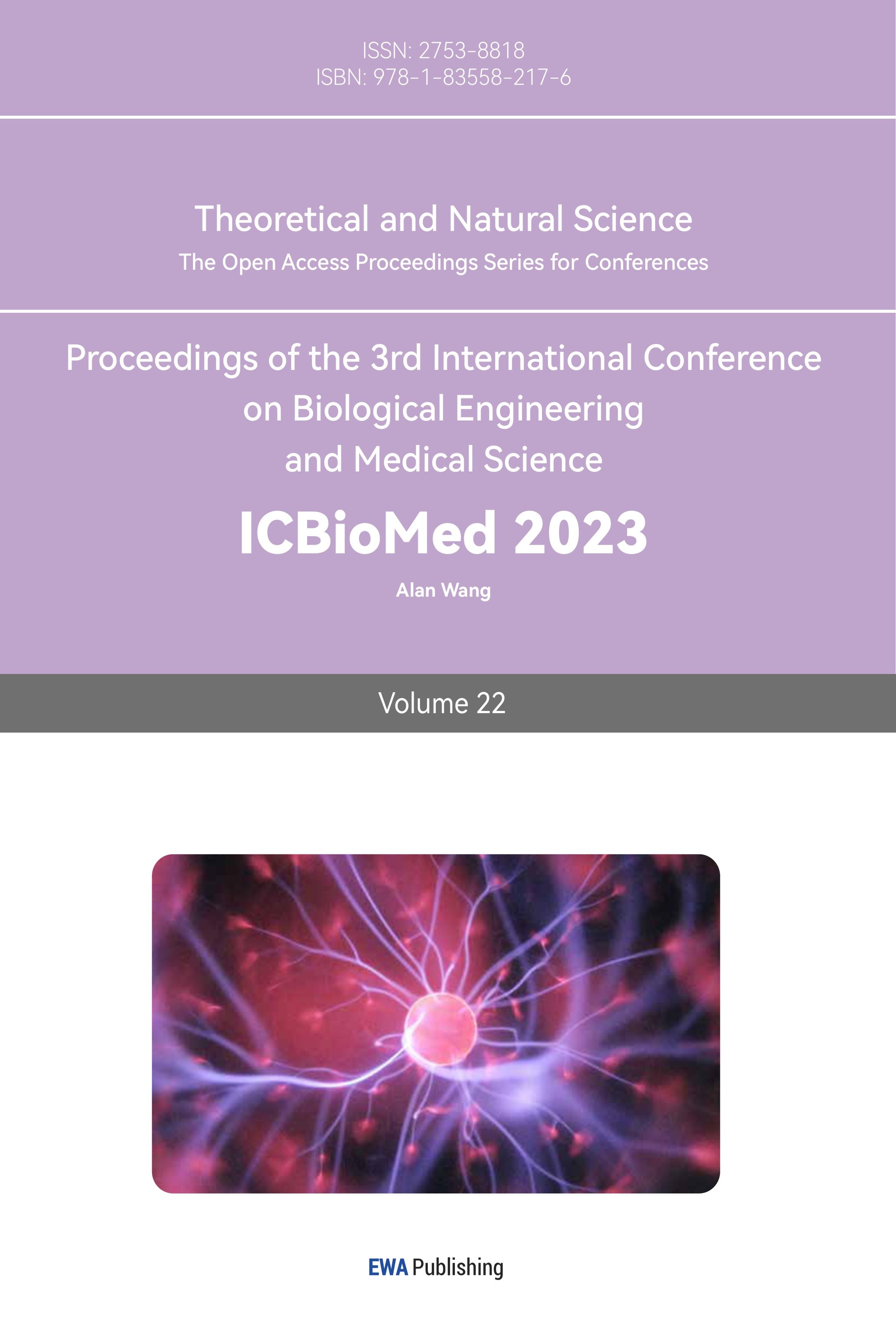References
[1]. Car T cells: Engineering immune cells to treat cancer. National Cancer Institute. (n.d.). https://www.cancer.gov/about-cancer/treatment/research/car-t-cells
[2]. Ma S, Li X, Wang X, Cheng L, Li Z, Zhang C, Ye Z, Qian Q. Current Progress in CAR-T Cell Therapy for Solid Tumors. Int J Biol Sci. 15(12): 2548-2560 (2019).
[3]. Fraietta JA, Lacey SF, Orlando EJ, et al. Determinants of response and resistance to CD19 chimeric antigen receptor (CAR) T cell therapy of chronic lymphocytic leukemia. Nat Med. 24(5): 563-571 (2018).
[4]. Cosenza, M.; Sacchi, S.; Pozzi, S. Cytokine Release Syndrome Associated with T-Cell-Based Therapies for Hematological Malignancies: Pathophysiology, Clinical Presentation, and Treatment. Int. J. Mol. Sci. 22: 7652. (2021).
[5]. Neelapu, SS. Managing the toxicities of CAR T-cell therapy. Hematological Oncology. 37( S1): 48-52 (2019);
[6]. Sterner, R.C., Sterner, R.M. CAR-T cell therapy: current limitations and potential strategies. Blood Cancer J. 11, 69 (2021).
[7]. Liu, G., Rui, W., Zhao, X. et al. Enhancing CAR-T cell efficacy in solid tumors by targeting the tumor microenvironment. Cell Mol Immunol 18, 1085–1095 (2021).
[8]. Zhang, X., Zhu, L., Zhang, H., Chen, S., & Xiao, Y. CAR-T Cell Therapy in Hematological Malignancies: Current Opportunities and Challenges. Frontiers in immunology, 13: 927153, (2022).
[9]. Lin, H., Cheng, J., Mu, W., Zhou, J., & Zhu, L. Advances in Universal CAR-T Cell Therapy. Frontiers in immunology, 12, 744823, (2021).
[10]. Brudno, J. N., and Kochenderfer, J. N. Recent advances in CAR T-cell toxicity: Mechanisms, manifestations and management. Blood reviews, 34, 45–55, (2019).
Cite this article
Zhang,S.Z. (2023). CAR T cell therapy: Current limitations and advancements in treating solid tumors. Theoretical and Natural Science,22,191-196.
Data availability
The datasets used and/or analyzed during the current study will be available from the authors upon reasonable request.
Disclaimer/Publisher's Note
The statements, opinions and data contained in all publications are solely those of the individual author(s) and contributor(s) and not of EWA Publishing and/or the editor(s). EWA Publishing and/or the editor(s) disclaim responsibility for any injury to people or property resulting from any ideas, methods, instructions or products referred to in the content.
About volume
Volume title: Proceedings of the 3rd International Conference on Biological Engineering and Medical Science
© 2024 by the author(s). Licensee EWA Publishing, Oxford, UK. This article is an open access article distributed under the terms and
conditions of the Creative Commons Attribution (CC BY) license. Authors who
publish this series agree to the following terms:
1. Authors retain copyright and grant the series right of first publication with the work simultaneously licensed under a Creative Commons
Attribution License that allows others to share the work with an acknowledgment of the work's authorship and initial publication in this
series.
2. Authors are able to enter into separate, additional contractual arrangements for the non-exclusive distribution of the series's published
version of the work (e.g., post it to an institutional repository or publish it in a book), with an acknowledgment of its initial
publication in this series.
3. Authors are permitted and encouraged to post their work online (e.g., in institutional repositories or on their website) prior to and
during the submission process, as it can lead to productive exchanges, as well as earlier and greater citation of published work (See
Open access policy for details).
References
[1]. Car T cells: Engineering immune cells to treat cancer. National Cancer Institute. (n.d.). https://www.cancer.gov/about-cancer/treatment/research/car-t-cells
[2]. Ma S, Li X, Wang X, Cheng L, Li Z, Zhang C, Ye Z, Qian Q. Current Progress in CAR-T Cell Therapy for Solid Tumors. Int J Biol Sci. 15(12): 2548-2560 (2019).
[3]. Fraietta JA, Lacey SF, Orlando EJ, et al. Determinants of response and resistance to CD19 chimeric antigen receptor (CAR) T cell therapy of chronic lymphocytic leukemia. Nat Med. 24(5): 563-571 (2018).
[4]. Cosenza, M.; Sacchi, S.; Pozzi, S. Cytokine Release Syndrome Associated with T-Cell-Based Therapies for Hematological Malignancies: Pathophysiology, Clinical Presentation, and Treatment. Int. J. Mol. Sci. 22: 7652. (2021).
[5]. Neelapu, SS. Managing the toxicities of CAR T-cell therapy. Hematological Oncology. 37( S1): 48-52 (2019);
[6]. Sterner, R.C., Sterner, R.M. CAR-T cell therapy: current limitations and potential strategies. Blood Cancer J. 11, 69 (2021).
[7]. Liu, G., Rui, W., Zhao, X. et al. Enhancing CAR-T cell efficacy in solid tumors by targeting the tumor microenvironment. Cell Mol Immunol 18, 1085–1095 (2021).
[8]. Zhang, X., Zhu, L., Zhang, H., Chen, S., & Xiao, Y. CAR-T Cell Therapy in Hematological Malignancies: Current Opportunities and Challenges. Frontiers in immunology, 13: 927153, (2022).
[9]. Lin, H., Cheng, J., Mu, W., Zhou, J., & Zhu, L. Advances in Universal CAR-T Cell Therapy. Frontiers in immunology, 12, 744823, (2021).
[10]. Brudno, J. N., and Kochenderfer, J. N. Recent advances in CAR T-cell toxicity: Mechanisms, manifestations and management. Blood reviews, 34, 45–55, (2019).









